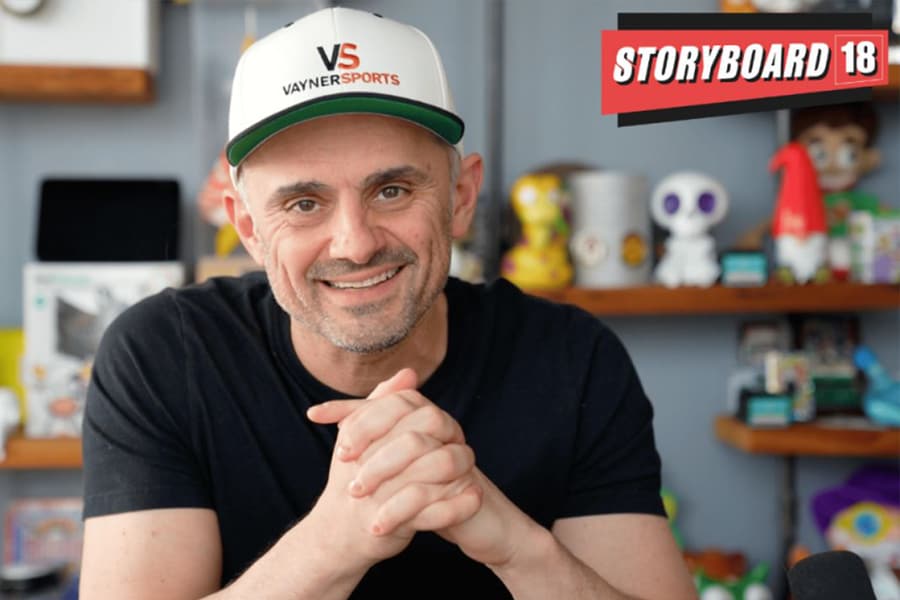
Many Fortune-500 CMOs are very frustrated. But they don't know where to go, says Gary Vaynerchuk
As Gary Vaynerchuk's VaynerMedia enters another global market with India, the celebrated founder believes independent global agencies like his can become an alternative to the traditional holding company and their agency networks
 "I grew up in Edison, New Jersey, in the 80s. That was literally the epicenter in America of Indian immigrants in the 80s. I do actually believe that me growing up with a lot of Indian immigrants connected me to the culture in a way that's really positive," says Gary Vaynerchuk
"I grew up in Edison, New Jersey, in the 80s. That was literally the epicenter in America of Indian immigrants in the 80s. I do actually believe that me growing up with a lot of Indian immigrants connected me to the culture in a way that's really positive," says Gary Vaynerchuk
“I’m going to Cannes next week where many human beings, in 2024, are going to be fixated on commercials that no human being has seen.” That’s Gary Vaynerchuk’s no-holds-barred take on the state of advertising and the global ad industry’s premier festival - Cannes Lions.
The cutting edge of creativity looks very different from Vaynerchuk’s vantage. His global independent ad company VaynerMedia has officially launched a full-service agency in India, marking the company’s sixth office in the Asia Pacific region, and 13th globally. VaynerMedia previously operated in strategic partnership with local agency Step1, which will now become VaynerMedia India.
In an interview with Storyboard18, Vaynerchuk said, “The reason I'm excited about India is the acceleration of social media consumption, even in its fragmentation collectively is extraordinary.”
With media and creative under one roof and focus on SMAs (social media ads) and social media at the heart of modern advertising, VaynerMedia has grown into one of the largest independent agencies in the world. Vaynerchuk’s championing of a social-core mindset is on full display even when it comes to his personal brand - GaryVee, and social currency, which he plans to leverage to crack the India market.
He told us, “Do I think we'll crack it? Of course I do. I'm actually a practitioner of the craft. Unlike all my contemporaries, who are executives and bankers.”

















